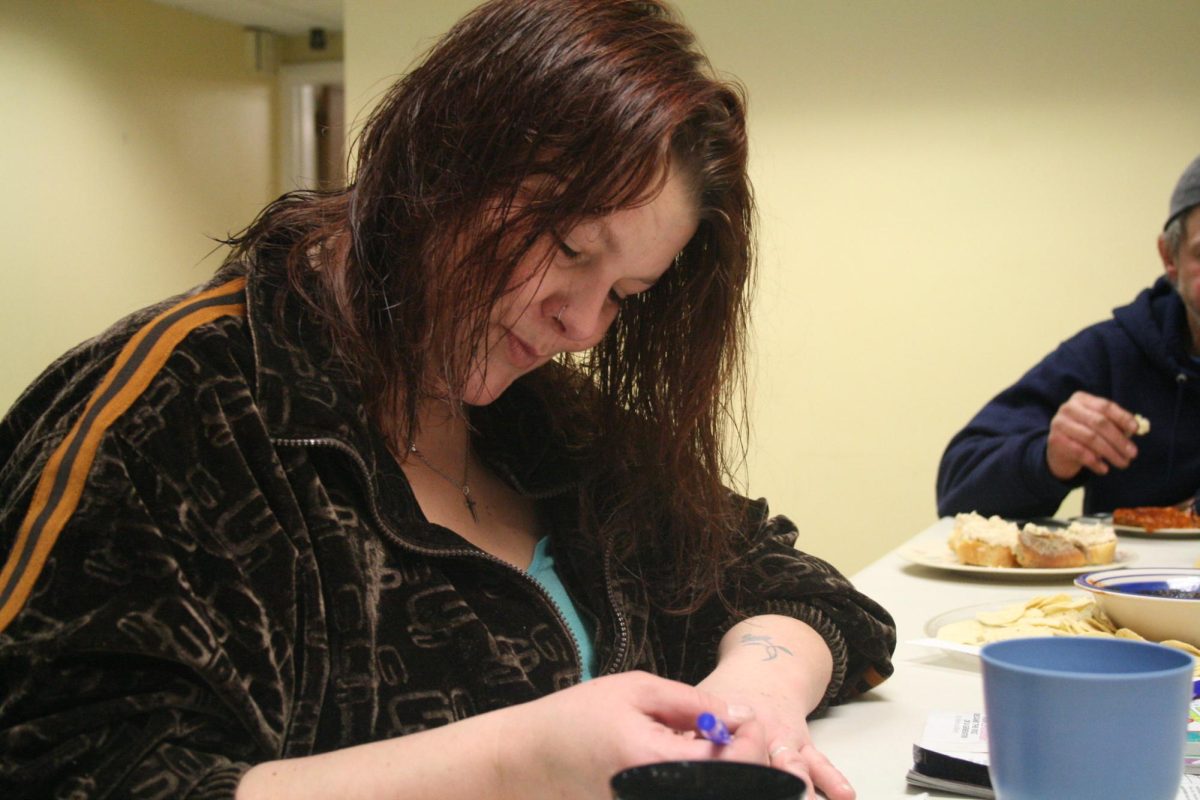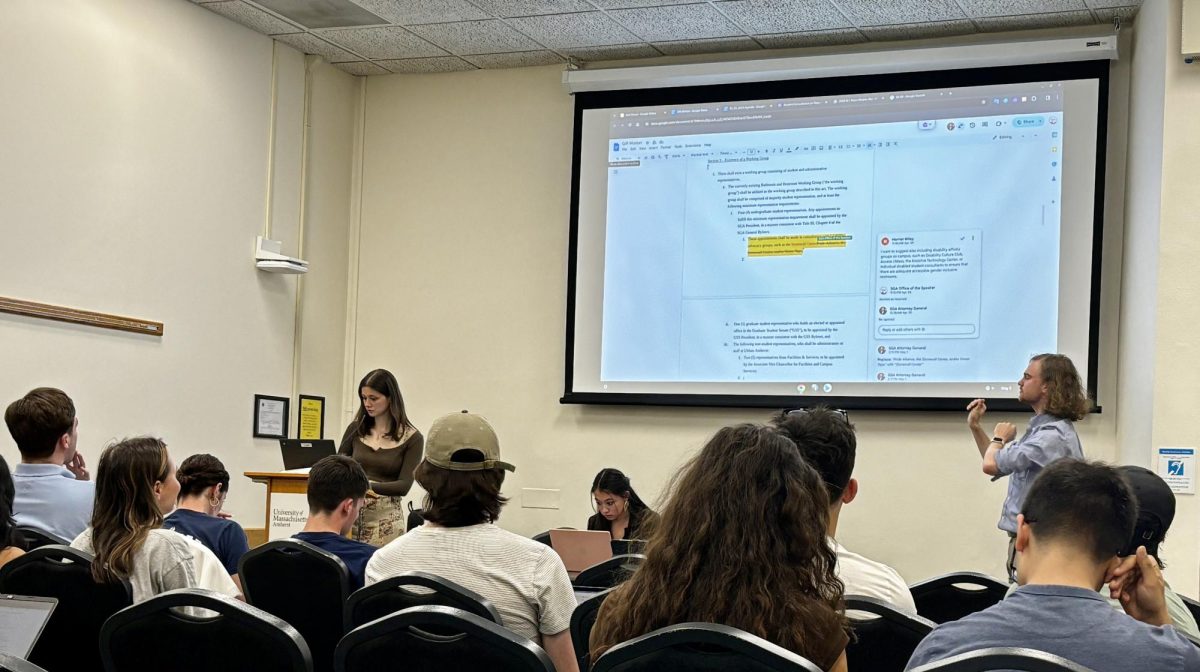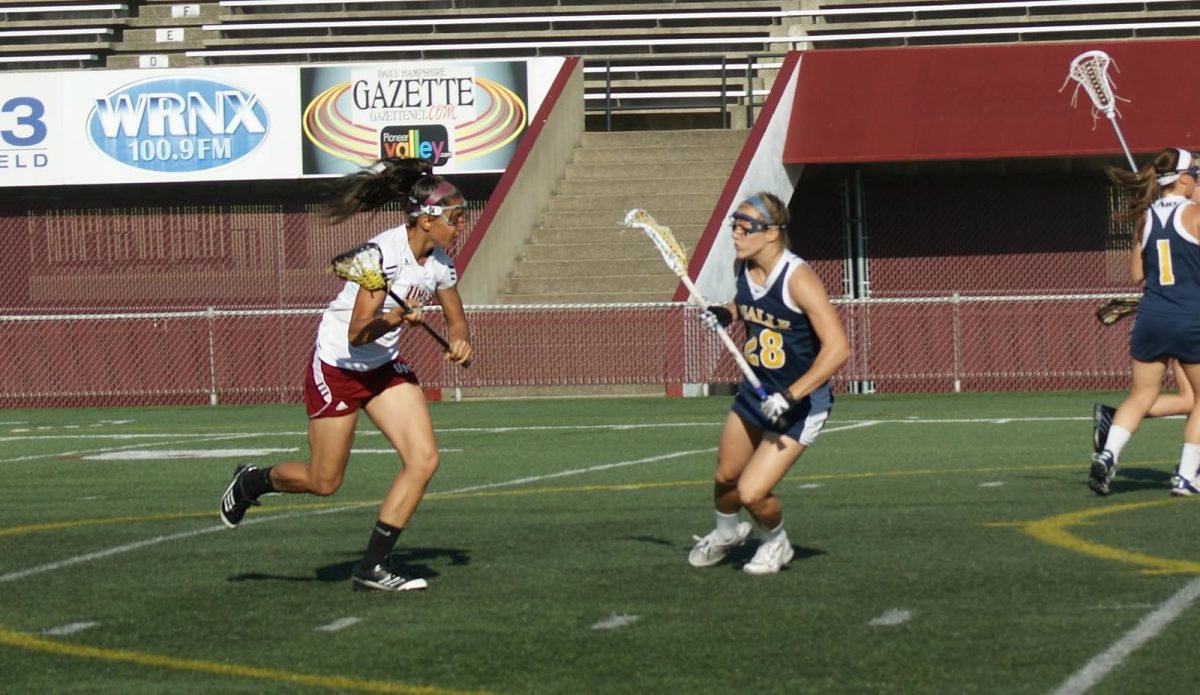“Hi, radio host? I am looking for my brother. His name is Alek Sirkin, and he should be in his seventies now. We lost track of him in the forests of Ukraine in 1941….”
They say that you know a country’s heartbeat through its media – the art it produces, the music it listens to, but most importantly, by what it is talking about, through its TV and radio stations. If you judged Israel by what I heard on Israeli radio that Tuesday afternoon, you’d probably think Israel’s heartbeat stopped sometime in World War II.
For two hours a week, one of the major Israeli radio stations dedicates its whole airtime to phone calls from people searching for relatives, friends, and acquaintances that they lost in the war. The calls come from all over Israel and span the globe: a Greek man who lost touch with his siblings in the destruction of the predominantly-Jewish city of Salonika, Greece; an ex-partisan fighter seeking a long-lost brother-in-arms; other former inhabitants of Italy, Belgium, the Netherlands, Hungary, Germany and others who, after 60 years, do not want to let go of hope to find their lost loved ones. Maybe someone is listening. Maybe someone knows. Maybe there is a chance for one last happy reunion before it is their time to depart from this world.
The destructive storm that swept through Europe did not pass over my family. In my home there is an old prayer book with many scratches and tears. We have a few like it. My mother has always refused to re-bind or repair it, but I never really thought about why until recently.
The prayer book was published in Austria, close to where my mother’s family was from, in what is now Slovakia. On the inside cover my great-great-grandfather wrote an inscription in Czech and the year: 1919. On a different prayer book someone else from the family started counting years, every year at the start of the Hebrew new year. The count abruptly ends at 1941. We don’t know what happened to the book in the following few years, and maybe it is better that the story remains untold. We do know what happened to the family: most of them were sent to Auschwitz and never returned. A few of the prayer books made it through the war with scratches and tears. I think my mother sees the prayer book’s story as the story of the family. The scratches are our scratches, and the tears are the gaping holes left by those who are no longer with us. The holes and the scratches – one cannot cover them up. Not with glue, not with rebinding, not now, not ever.
At the end of the war, when my grandmother returned home to Bratislava, she found that she was the only one in the family to have survived. She met and married my grandfather, and together they decided that Jews had nothing further to look for in Slovakia (or Europe, for that matter,) and they left for Israel in the late 1940s. The next inscription in the front cover of the book is a note in Hebrew from my grandfather’s father, congratulating the couple on the purchase of their first apartment in Israel: “I give you this book in memory, and may it guard you in your new home.” The year is 1964.
The inscription in Hebrew, with its many spelling mistakes, betrays the fact that Hebrew was not my great-grandfather’s first language, nor his second. But from the fact that it was written in Hebrew (he spoke to my grandparents in their native Slovak) and from its optimism, the message of hope is clear. It was the hope of great-grandfather Aladar that maybe in this country, the Jewish country, the couple would live a life of peace.
I keep flipping through the prayer book. On one of the last pages is the outline of faded lipstick, remnants of a moment when one of the women in my family pressed the book to her lips after Yom Kippur, the highest Jewish holiday. The outline shows only the lower lip print, as if the kiss was given in a hurry, or under apprehension. Despite my great-grandfather’s blessing, the inhabitants of Israel have had to fight many battles for their right to exist as a sovereign nation. One such war started on the eve of Yom Kippur in 1973. Maybe the kiss was given, heavy-hearted, on that fateful day.
“I’ve been trying to find my cousin for a long time now. Maybe this week will be my lucky week,” said one of the callers. But in reality most of the callers to the radio show will not find the people they are looking for. Those people are most likely long gone, and their remains are scattered, unburied, across European soil. With this in mind, I must demand, as my parents have, their parents have, and their parents have, the continued existence of Israel as a Jewish state for my people. I do this in the hope that for my children, the cracks and tears in our prayer books will be remnants of a distant past, rather than a sign of the future to come.






